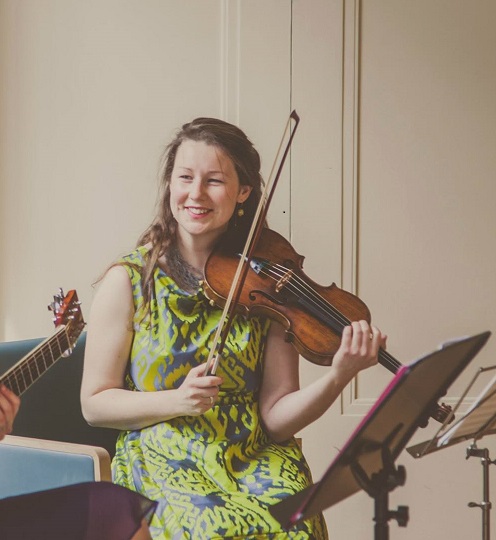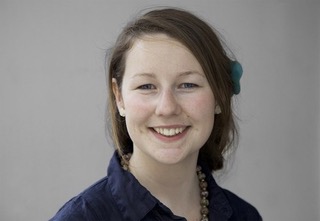 We’re always especially pleased to hear from people with one foot in teaching and another in academic research, so today we are delighted to introduce Alice Bowmer who absolutely fits that bill. Alice is a freelance researcher and music teacher. She teaches violin to children aged 6 to 18 and is an honorary research associate at UCL Institute of Education. Her current research looks at the impact of music and arts training on early cognitive and motor development. You can find her most recent publication here
We’re always especially pleased to hear from people with one foot in teaching and another in academic research, so today we are delighted to introduce Alice Bowmer who absolutely fits that bill. Alice is a freelance researcher and music teacher. She teaches violin to children aged 6 to 18 and is an honorary research associate at UCL Institute of Education. Her current research looks at the impact of music and arts training on early cognitive and motor development. You can find her most recent publication here
“I started a violin teaching practice 10 years ago in north London and my research evolved from a desire to understand more about how my students were learning both musically and in other key aspects of their development. After a few years of study, I realised that understanding more about how the brain functions and how children develop was giving me a unique insight into many aspects of the practical work I do with my young students.
As an example, in musical learning it’s quite common for students to memorise a tune with an incorrect note, which becomes really difficult to change. From my research into cognitive development, I saw that to correct a note in this way is actually a really complex skill. First the student has to know that the incorrect note and corresponding muscle movement exists, then, they have to focus their attention at exactly the right moment as well as produce a new movement and learn to hear a new sound. And this correction might have to happen hundreds of times to over-ride the incorrect sound and muscle memory already in their long-term memory. I realised that to make a change is not as simple as just telling the student about the mistake. One simple thing I often do to support this problem is to sing the new, correct note (whilst the student is playing) a split second before they reach the incorrect note, which I’ve found helps them to intercept and correct it themselves in the future. Today, I am really grateful that I can utilise a combination of research and teaching practice to come up with effective strategies to support my students.
Recently, my research partner and I have been designing projects that support teachers and researchers working together. One of our aims is to examine how different types of instruction affect a variety of outcomes for children, in part, by working with teachers to learn about what they do in the real world. In a current project we are designing and analysing preschool music and art curricular, with a secondary focus to support children’s executive function skills. We have found that developing research projects together in this way gives teachers the opportunity to consider how their activities might support particular cognitive processes in more detail and researchers the ability to look at outcome measures through the eyes of different teaching practices.
Unfortunately, we’ve also found it quite challenging to find funding that supports this sort of research design. So far, our way of tackling this problem has been to work within a very limited budget (which is not really sustainable) or to work with an organisation that find funding to deliver the intervention strand, whilst we find funding to support the research. But again, this relies on those two streams coming together in a close time frame, which is not easy to organize.
In sum, I think the teacher/researcher collaboration provides many possibilities, particularly in the realm of educational neuroscience because a collaborative process can help to draw out the practical applications of brain research in a really tangible way. However, for this to happen successfully we need more funding bodies to support research that tries to get at multiple aspects of what happens when children are learning new skills.”

